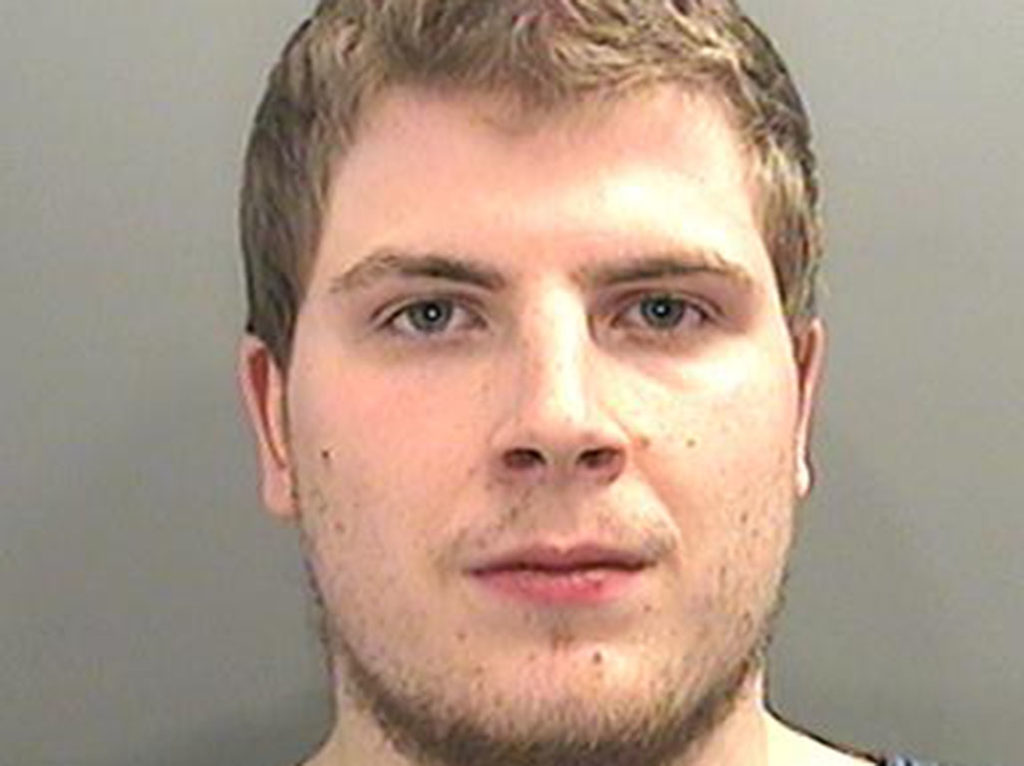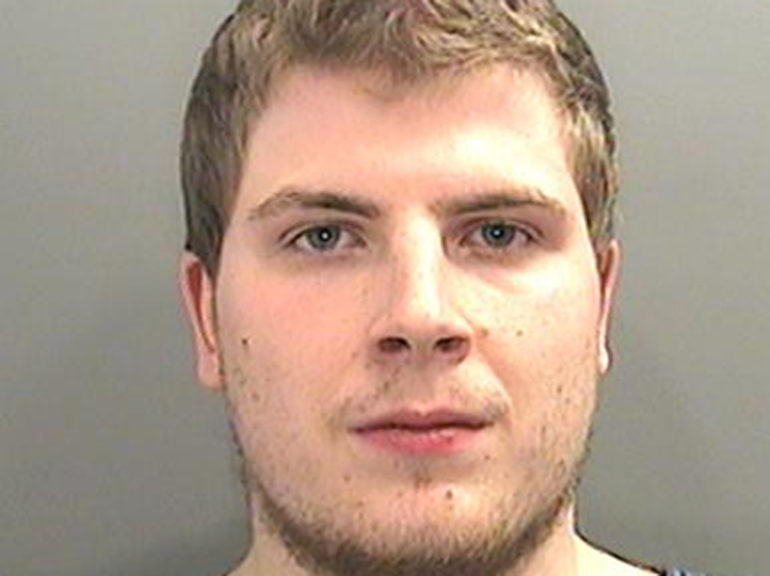
MATALAN murderer Andrew Saunders will have his sentence considered to decide if it was too lenient.
Saunders, 21, was last week sentenced to life imprisonment for murdering his ex-partner Zoe Morgan, 21, and her new boyfriend Lee Simmons, 33, outside the Matalan Store on Queen Street in Cardiff on 28 September, 2016.
The case, which was referred to by judge Mrs Justice Nicola Davies as a “savage attack”, has now been referred to the Attorney General’s Office because Saunders’ minimum term of 23 years and four months could be considered too short.
A spokesperson for the Attorney General’s Office said: “We have received a request for the case of Andrew Patrick Saunders to be considered under the unduly lenient sentence scheme. The Law Officers have 28 days from sentencing to consider this case.”
The Attorney General may decide to refer the case to the Court of Appeal for re-sentencing if they feel the original tariff is too lenient.
Cardiff Crown Court heard Saunders had decided to kill Miss Morgan in September after their relationship had broken down earlier last year.
Miss Morgan later met Mr Simmons at the Matalan store in Cardiff city centre where she was working at the time. After learning of the new relationship, Saunders sent Miss Morgan abusive messages threatening to injure or kill Mr Simmons.
In the days leading up to the murder, Saunders googled a number of subjects including “the easiest way to kill a person” and “how to slit someone’s throat successfully”. On 20 September, he visited Morrison’s and bought two knives which are believed to have been used as the murder weapons.
Early in the morning on 28 September Saunders attacked the couple outside the Matalan store, stabbing Mr Simmons repeatedly with the smaller of the two knives and then with the larger one. He then ran after Miss Morgan and attacked her with the second knife.
In total Mr Simmons sustained 14 injuries while Miss Morgan received 32.
Shortly after the attack, Saunders phoned his mother to tell her what had happened and to say he was going to kill himself. Reportedly, his mother persuaded him to come home, where he was later arrested by police.
At the sentencing Mrs Davies told Saunders: “In a sustained and brutal attack you ended those lives. You took away the futures of Lee Simmons and Zoe Morgan.”
The Attorney General’s Office has highlighted the fact that cases are not often referred to the Court of Appeal after a sentence has been given.
A spokesperson said: “The threshold to refer cases to the Court of Appeal is very high. A sentence can only be regarded as unduly lenient if there has been a gross error and it is significantly below the level that any judge could have reasonably imposed after considering the facts of the case.”
A decision on the case will be made by the March 28.
How was the sentence reached?
In any case involving murder, a judge must first decide on the starting point for a minimum term of imprisonment, which depends on the severity of the particular case.
Mrs Justice Nicola Davies deemed the seriousness of Saunders’ offences to be “particularly high” and set the starting point at 30 years.
A judge must then consider the specific circumstances of a case — termed “aggravating” or “mitigating” factors — that can reduce or increase the minimum term.
The aggravating factors identified by the judge included:
- A “significant degree of planning and premeditation” by Mr Saunders
- The mental and physical suffering inflicted on each victim prior to death
- The use of the two knives in the murders
- The public location of the murders.
The mitigating factors included:
- Saunders’ expression of remorse
- His lack of previous convictions
- His “emotional distress at the time of the killing”
- His “inability to adequately manage” the distress due to his age.
Having taken account of these factors, the judge set the starting point for the minimum term of custody at 28 years.
However, Saunders was awarded the maximum credit for pleading guilty to the murders, which is calculated at one-sixth of the minimum term. This reduced his minimum term to 23 years and four months.



